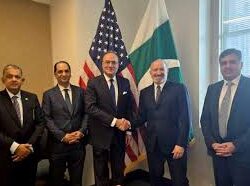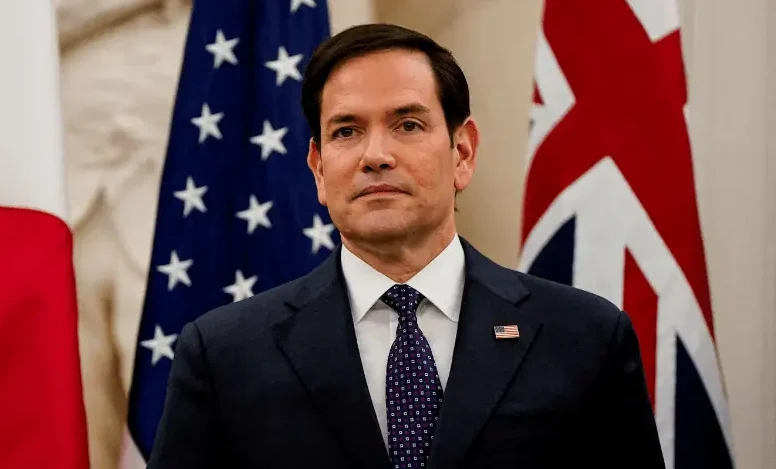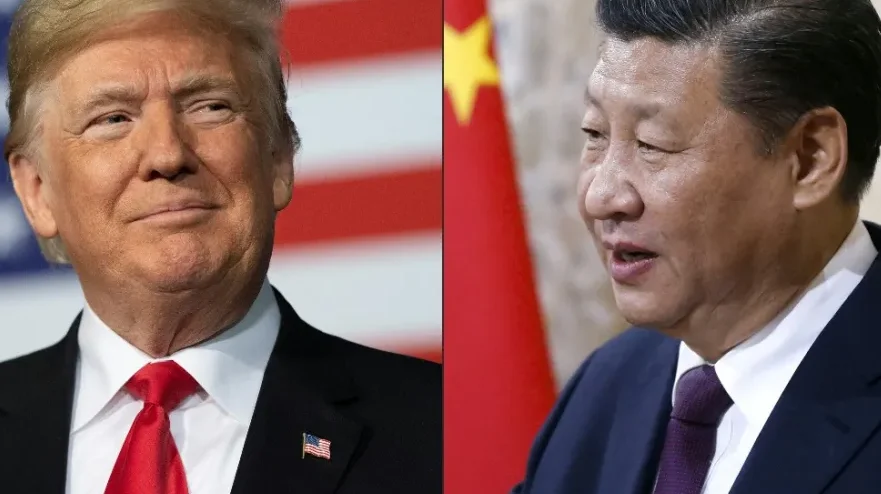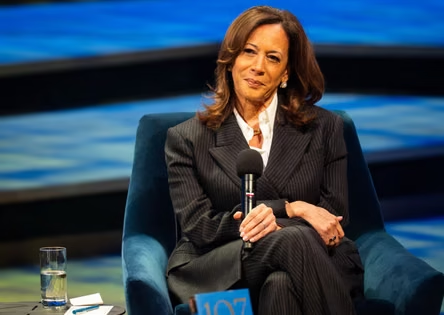The US has imposed a 19% tariff on Pakistan, giving concessions to India.
According to the White House, the Trump administration has imposed a 19% retaliatory tariff on Pakistani products, while a 25% tariff has been imposed on India.
In this way, Pakistan has been given the highest concession among the three major countries in South Asia.
According to the White House, a 30% tariff has been imposed on South Africa, a 39% tariff on Switzerland, a 15% tariff on Turkey, while a 15% tariff has been imposed on Israel, America’s closest ally in the Middle East.
In addition, due to differences in policies, the US has increased the tariff on Canada from 25% to 35%.
According to the statement issued by US President Donald Trump, the countries on which a 10% tariff has been imposed include the United Kingdom, Brazil, and the Falkland Islands.
The countries that have been imposed a 15% tariff include Turkey, Israel, Afghanistan, Angola, Bolivia, Botswana, Cameroon, Chad, Costa Rica, Ivory Coast, Congo, Ecuador, Guinea, Fiji, Ghana, Guyana, Iceland, Israel, Japan, Jordan, Lesotho, Madagascar, Malawi, Mauritius, Mozambique, Namibia, Nauru, New Zealand, Nigeria, North Macedonia, Norway, Papua New Guinea, South Korea, Trinidad and Tobago, Uganda, Vanuatu, Venezuela, Zambia, Zimbabwe.
The US has imposed an 18% tariff on Nicaragua.
Other countries that have been hit with a 19 percent tariff like Pakistan include Indonesia, Malaysia, the Philippines, Thailand, and Cambodia, while other countries that have been hit with a 20 percent tariff like Bangladesh include Sri Lanka, Vietnam, and Taiwan.
Countries that have been hit with a 25 percent tariff like India include Kazakhstan, Tunisia, and Moldova.
Countries that have been hit with a 30 percent tariff by the United States include Algeria, Libya, Bosnia and Herzegovina, and South Africa. In addition, Myanmar and Laos have been hit with a 40 percent tariff, while Syria has been hit with the highest tariff of 41 percent.
Analysts say that giving Pakistan preferential treatment over India is a reflection of Pakistan’s strategic foreign policy.
This move is a result of Field Marshal General Syed Asim Munir’s meeting with US President Trump, contacts between Prime Minister Shehbaz Sharif and US Secretary of State Marco Rubio, Deputy Prime Minister Ishaq Dar’s recent meeting with the US Secretary of State, and Finance Minister Muhammad Aurangzeb’s meetings with the US Secretary of Commerce.
Experts say that this concession should be effectively utilized.






